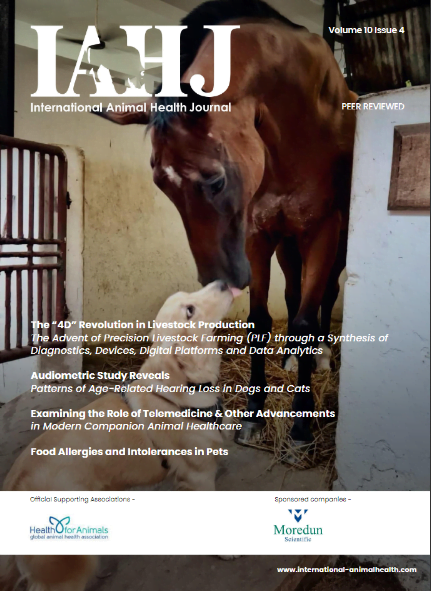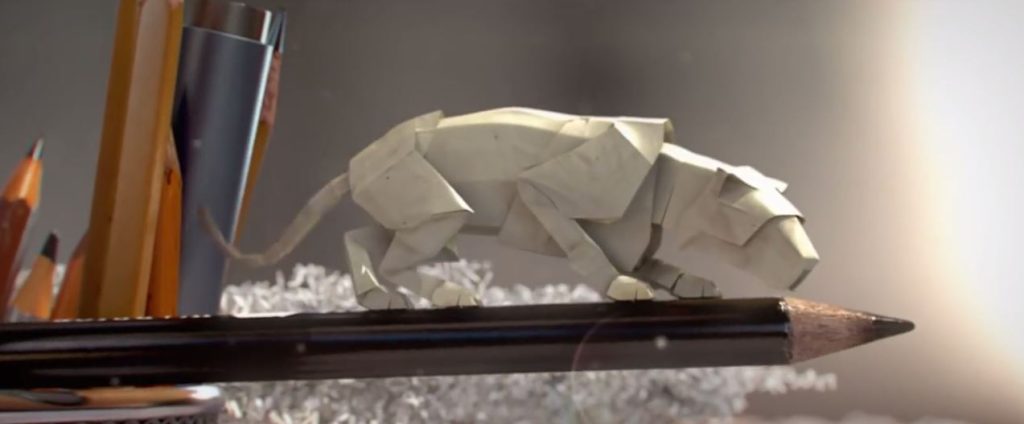A vet has been reprimanded following a conviction for buying influence in Romania while studying on her veterinary medicine course.
The RCVS disciplinary committee (DC) heard the case against Andreea Maria Bacaintan, considering one charge against her – that on 5 October 2017, in the Bucharest Court of Law (Criminal Section I), she was convicted, following a guilty plea, of buying influence.
Final year
At the time of the offence, Miss Bacaintan was in her final (6th) year at the University of Agronomic Sciences and Veterinary Medicine of Bucharest, where she was studying to be a veterinary surgeon. The offence involved her paying a bribe to a professor at the Faculty of Veterinary Medicine to pass an examination.
She was fined and sentenced to a period of one year and four months’ imprisonment, suspended for two years, with requirements for supervision and unpaid community service work, and the case against Miss Bacaintan was that the conviction rendered her unfit to practise veterinary surgery.
DC hearing
At the DC hearing, Miss Bacaintan admitted the facts in the charge and that her conviction rendered her unfit to practise veterinary surgery.
The DC considered whether the conduct amounted to serious professional misconduct. In coming to its decision, the committee took into account the submissions it had heard from Nicole Curtis, acting for the college, and from Miss Bacaintan, who represented herself.
Ms Curtis said the nature and circumstances of the offence, which involved an element of dishonesty and which led to the conviction, rendered Miss Bacaintan unfit to practise as a vet in the UK. Miss Bacaintan’s conduct was also liable to have a seriously detrimental effect on the reputation of the profession, as it undermined the examination system.
Mitigation
The DC also considered mitigating factors associated with the conviction, including that it involved a single, isolated incident; and that Miss Bacaintan was clearly the victim of a dishonest scheme perpetrated by members of staff at the university to extort money from students to allow them to pass the exam.
Considering both the aggravating and mitigating factors, the DC was satisfied Miss Bacaintan’s conduct fell far below the standard expected of a registered veterinary surgeon, but took into account some of the written testimonials submitted on behalf of Miss Bacaintan. The DC was satisfied she understood the magnitude of what she had done and was unlikely to repeat her dishonest behaviour.
‘Exceptional case’
DC chair Ian Green said: “This was a truly exceptional case where, while she had been dishonest, which the committee in no way condoned, she had felt compelled to act in this way. The committee was persuaded that Miss Bacaintan had herself been the victim of a corrupt system and had acted out of desperation in the final stages of her degree, and with the genuine fear that if she did not ‘play the game’ she would not graduate, thereby throwing away six years of hard work.
“It was notable she did not succumb to the corrupt scheme until the third time of trying to pass this exam. It was clear from the evidence that she was not alone in paying up to try and pass this exam, and that at least 30 and possibly many more students had done the same thing.”
Reprimand
Given this, and taking into account the significant mitigation, the DC decided the appropriate and proportionate sanction was to reprimand Miss Bacaintan and warn her about her future conduct.











